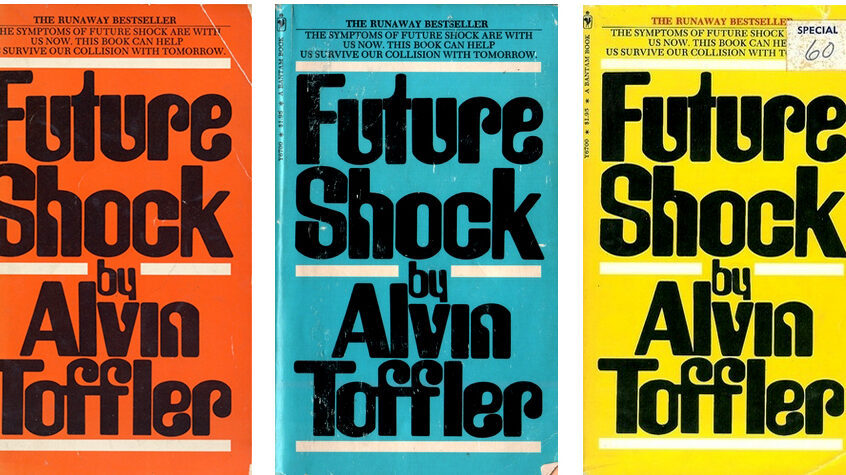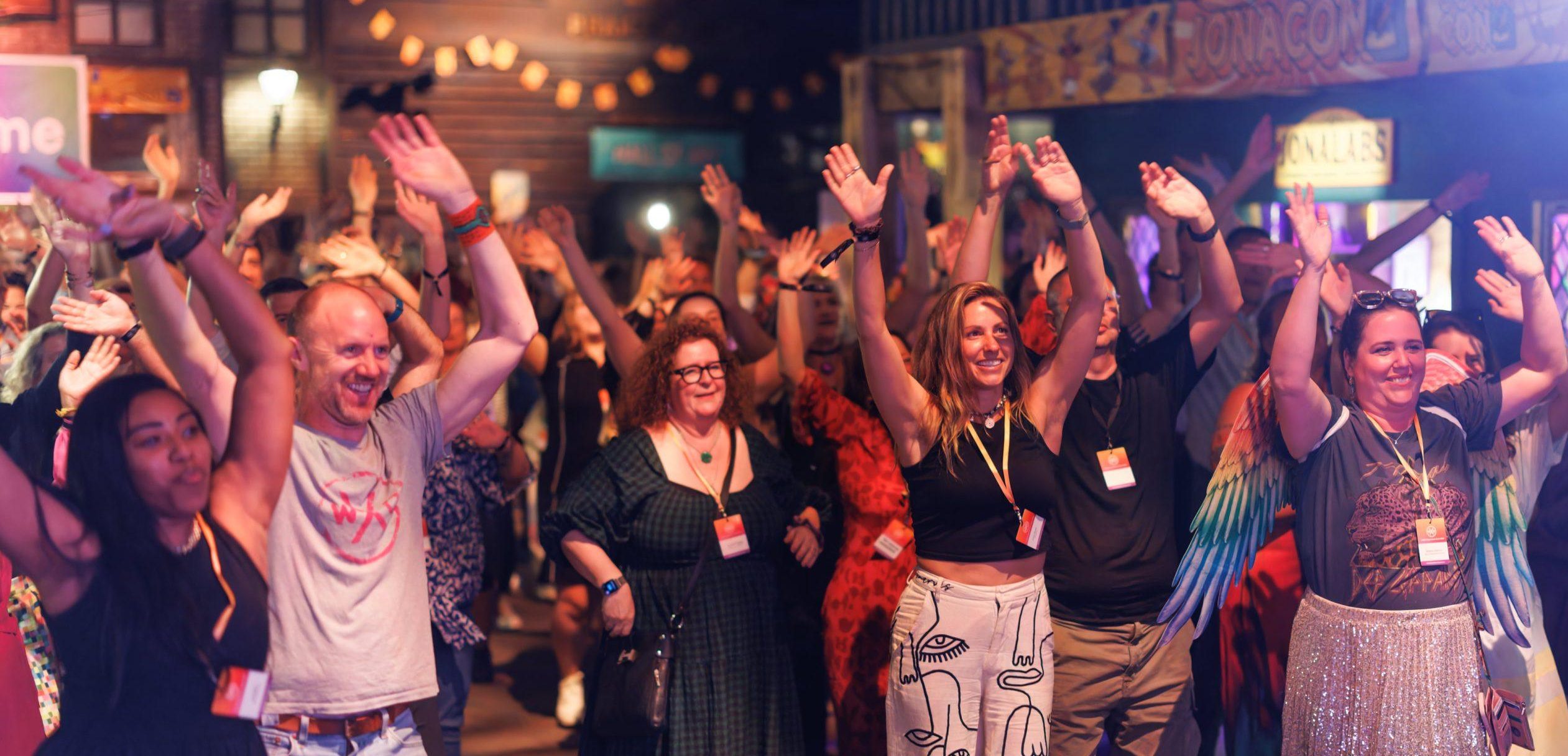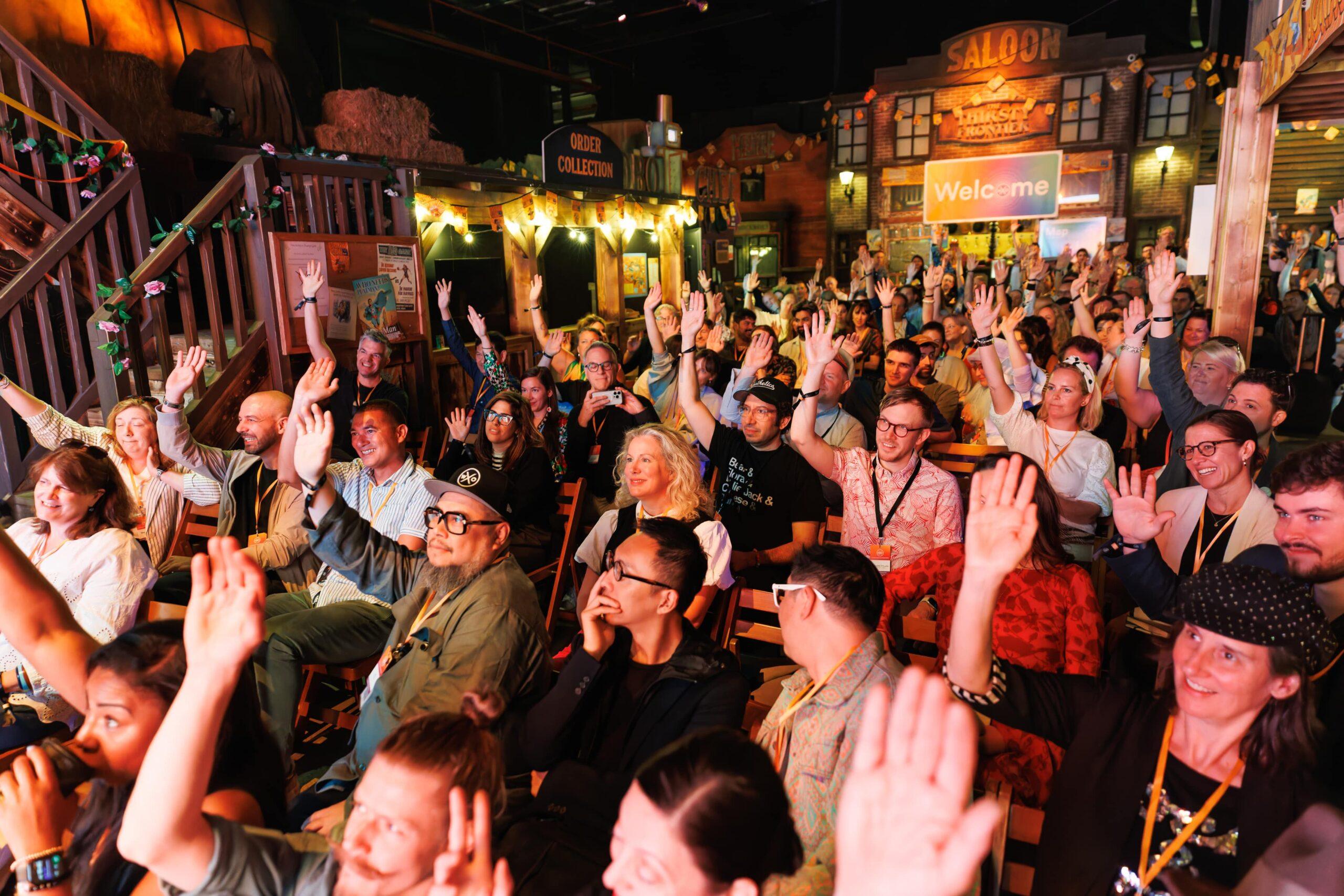- 1971 – Alvin Toffler’s Future Shock talks of an ‘experiential industry’ in the future
- 1999 – Joe Pine & Jim Gilmore name The Experience Economy in their seminal book
- 2003 – Psychologists show that experiences lead to more happiness than material goods
- 2013 – James Wallman’s Stuffocation reflects an emerging socio-cultural trend: away from materialism and towards ‘experientialism’
- 2015 – UK creates world’s first governmental department for the experience economy
- 2020 – The focus shifts to time, as seen in concerns about ‘time on device’ and a clutch of new publications; WXO launches
Our story begins in 1971, with a radical forecast.
The first inkling of the experience economy appeared in Future Shock, where futurist Alvin Toffler wrote of a “experiential industry”, in which people would be willing to allocate high percentages of their salaries to amazing experiences. This is described in detail in Chapter 10, The Experience Makers:
Toffler also wrote:
1990s– a term is coined, a theory is proposed
After coining the term ‘Experience Economy’ sometime in late 1993 or early 1994, business consultants Joe Pine and Jim Gilmore wrote a series of articles, for publications including the Wall Street Journal and Strategy And Management. (More on this part of the story here.) The most famous article, the one most people know about, is the one they wrote for Harvard Business Review in 1999, and then the book The Experience Economy.
This features a theory on how capitalism is evolving: the ‘progression of economic value’ which states that: after the agrarian, manufacturing, and service economies, the ‘experience economy’ is the logical evolution of capitalism; just as the delivery of food was the hallmark of the agrarian system, and the making of goods was the pillar of the manufacturing economy, and the delivery of service was the sign of the service economy; so the creation of experiences will be the essential characteristic of the experience economy.
2003 – the discovery that experiences > material goods
Two psychologists, Tom Gilovich at Cornell University and Leaf van Boven at the University of Arizona prove, for the first time, that experiential goods are more likely to lead to happiness than material goods.
They publish their findings in the Journal of Personality and Social Psychology, in a paper named, ‘To do or to have? That is the question.’
The findings of this study are replicated numerous times between 2003 – 2011.
“Experientialism” is used for the first time in a socio-economic context, eg, in a paper ‘Experientialism, Materialism, and the Pursuit of Happiness’ by Leaf van Boven, and in a symposium at the University of Arizona titled ‘Having vs. Doing: Materialism, Experientialism, and the Experience of Materiality’.
2013 – the trend to ‘experientialism‘
In Stuffocation, futurist James Wallman wrote that affluence is changing our culture and that we are witnessing a reduction in materialism, and the rise of experientialism.
In the following years, others – including McKinsey, Euromonitor, the EU, the UK’s ONS, US’s Bureau of Economic Analysis – corroborate this forecast.
2015 – the experience economy reaches government
The UK government sets up the world’s first governmental department for the experience economy.
The Department is now headed by WXO Founding Circle member Richard Parry, with support from a team of three: Rozmin Blatt, Account Manager, Emily Smith, Sector Specialist, Attractions and Museums; and James Wallman, Sector Specialist, Experience Economy.
2019 – time and attention emerge as key metrics
Many are realising that there are two key currencies in the experience economy: money and time.You can see the rise of time in three books:
1. The Experience Economy: Competing for Customer Time, Attention, and Money (Harvard Business Review) – Pine and Gilmore’s new text features a new subtitle and focus.
2. Time And How To Spend It: 7 Rules For Richer Happier Days (Penguin) – by DIT’s Sector Specialist, James Wallman
3. Time Smart: How to Reclaim Your Time and Live a Happier Life (Harvard Business Review) – by Harvard Business School assistant professor Ashley Whillans
Whillans talks of ‘time confetti’, which she described in an interview with Behavioral Scientist magazine as:
And now in 2020, the WXO has launched, an umbrella organization which aims to connect the various sectors, and define the future of the Experience Economy.
Note: this is not a complete version. There are many elements to add to the story, especially the role the Copenhagen Institute For The Futurure played in the 1990s. And also many authors, scientists and practitioners in the 2010s. If there’s a particular part of the story you think needs to be there, don’t hesitate to let us know.





